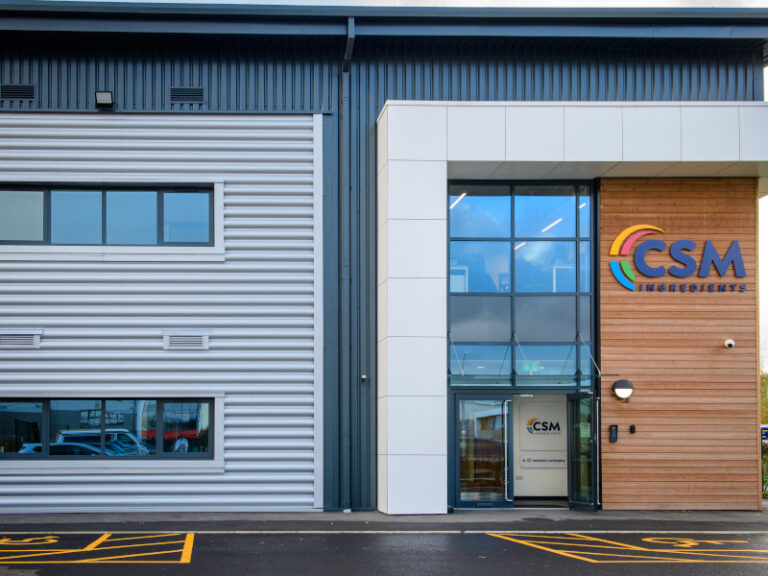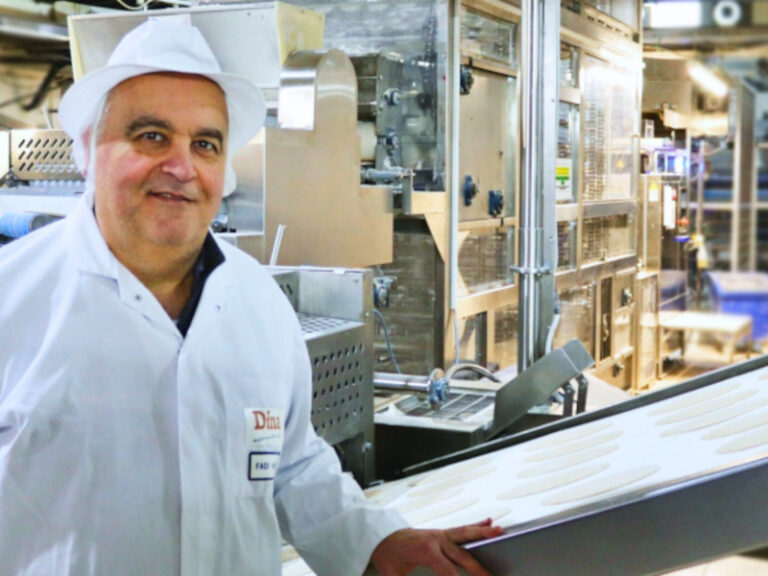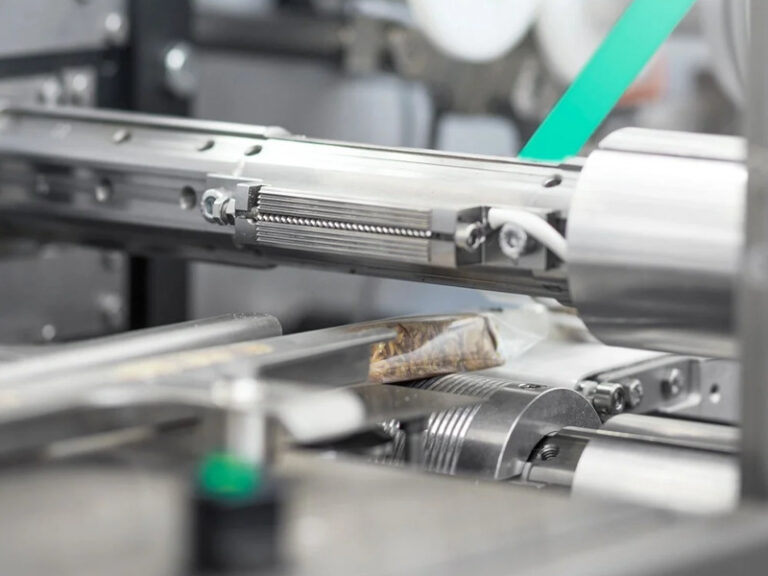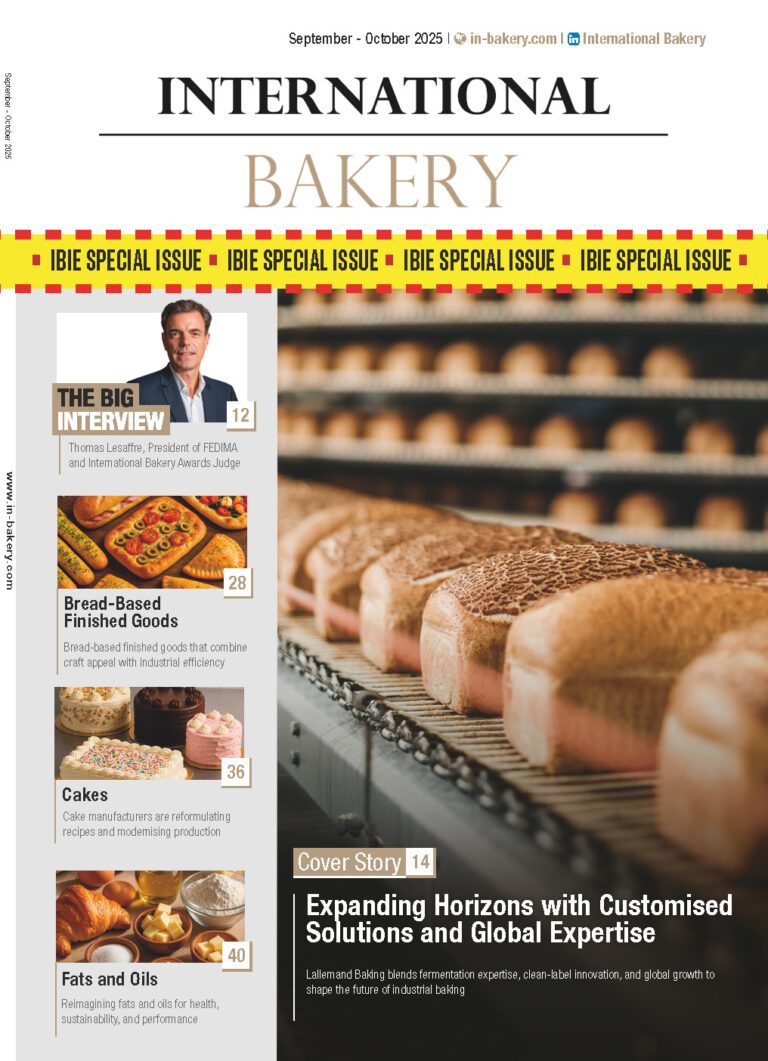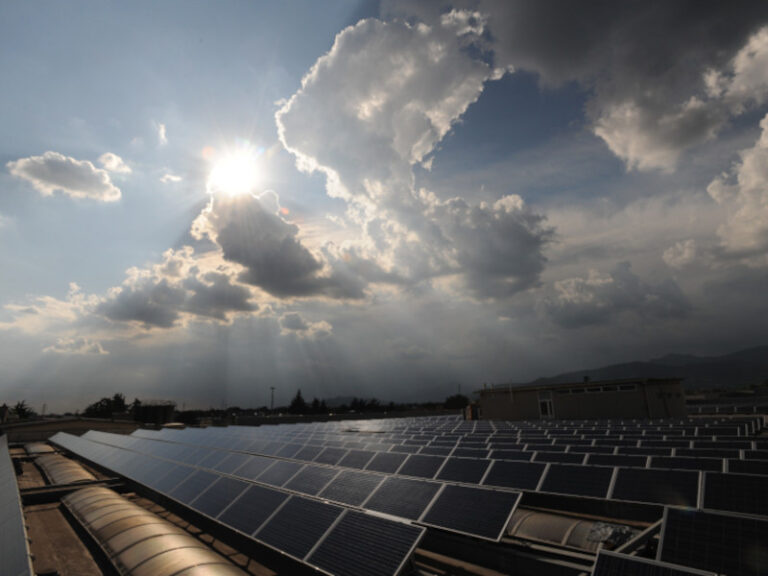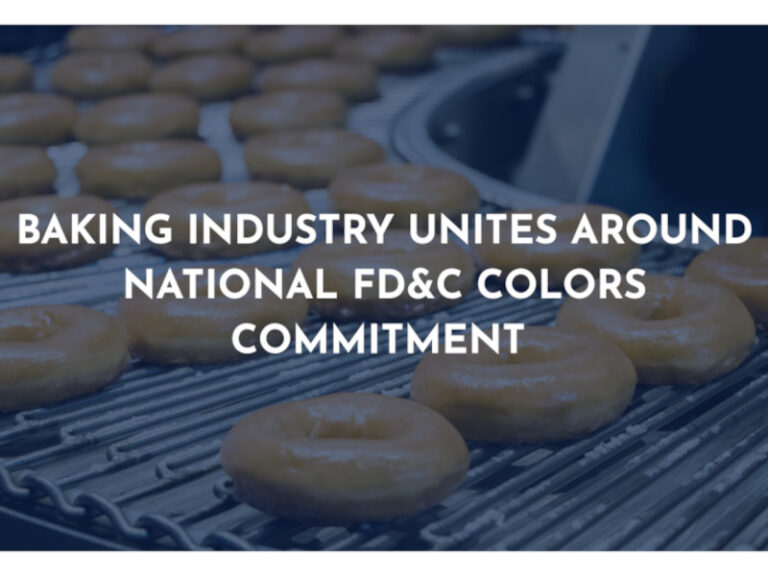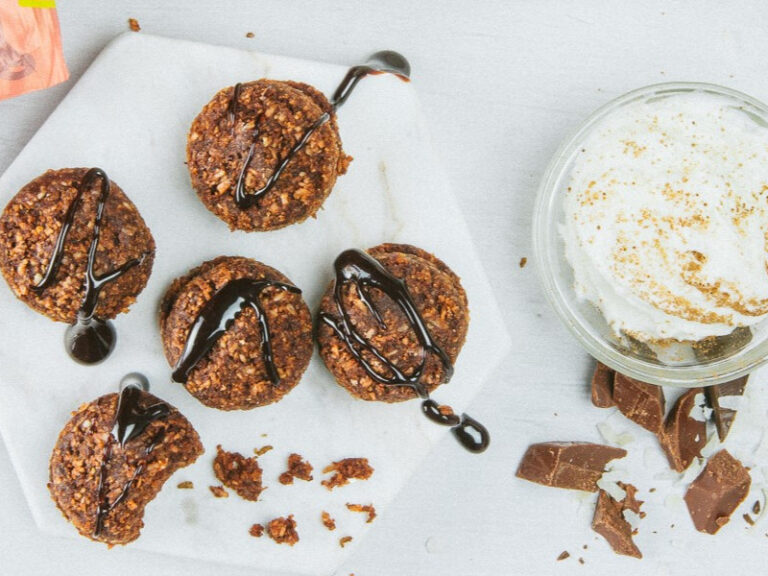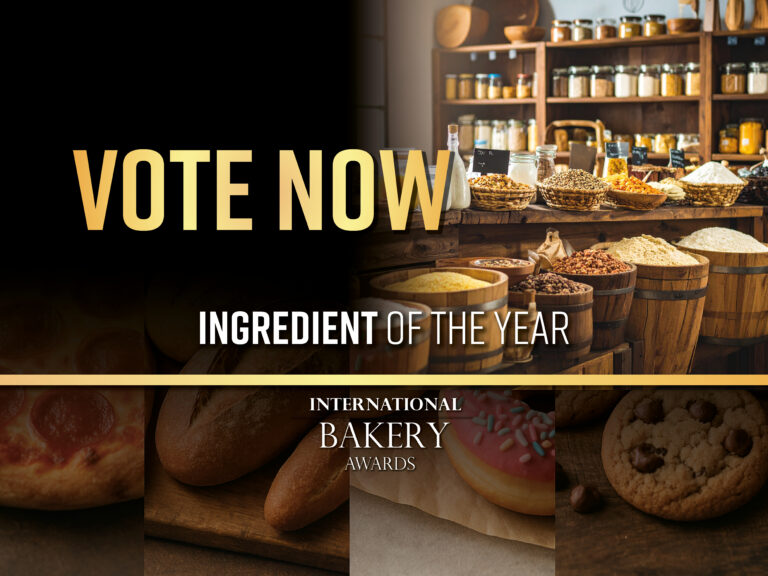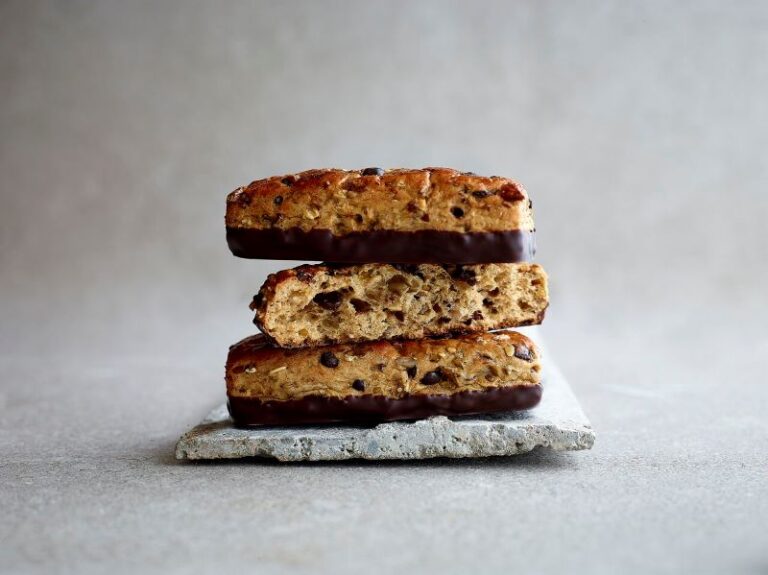Francesca Angiulli, Sustainability Director at Puratos, Francesca Angiulli, explains how ingredient choices hold the key to reducing the industry’s environmental footprint…
Ethical claims for bakery products are on the rise[i] – driven by consumer interest, brands’ sustainability commitments and rising regulatory pressures. But how feasible is it to make positive, sustainable change across the bakery value chain – and do individual actions really make a difference? We sat down with Francesca Angiulli, group sustainability director at Puratos, to discuss the impact of ingredient choices on bakers’ overall environmental impact.
How important is sustainability in the bakery industry?
Sustainability is critical for the bakery industry. A quarter (26%) of global greenhouse gas emissions come from food production.[ii] And when you consider that bread and many baked goods are a staple source of nutrition across the world, it’s clear that the bakery industry has a responsibility to operate as sustainably as possible. Bakery manufacturers have been rising to this challenge by reducing the carbon footprint both of their operations and across the value chain, reducing waste and prioritizing ingredients that are sourced locally, transparently, and through regenerative agriculture.
We also live in an increasingly eco-conscious world, where savvy consumers scrutinize labels for ingredients they trust and that align with their values. At the same time, legislators are introducing tighter environmental regulations, so being proactive is key for bakeries to stay ahead of compliance requirements.
When looking to reduce environmental footprint, does ingredient choice make much difference?
Ingredient choice makes a huge difference! We know this because we conduct life cycle assessments using the EU-endorsed product environmental footprint (PEF) methodology. This has been a game-changer for assessing the impact of the entire value chain of a product – from raw materials until end of life. A recent PEF analysis conducted via our partner, GF-Impact, found that 70 to 90% of a typical bakery product’s footprint comes from raw materials, rather than manufacturing, packaging, or distribution.
Take a traditional butter brioche, for example. Our recent PEF study found that 76% of its carbon impact stems from the raw materials alone. By replacing 100% of the eggs and butter with our plant-based solutions, and reducing the fat content, bakers can cut carbon emissions by up to 40%. Our plant-based solutions can also significantly reduce costs, all while keeping the same rich and buttery texture and taste that consumers expect from a brioche.
Besides reducing carbon emissions, what other initiatives help make the bakery industry more sustainable?
Carbon emissions reduction is only one way to make a difference in the bakery industry. We need to look at how we embed collective responsibility across the whole value chain – from farm to fork. Regenerative agriculture, for example, is more than just a buzzword; we’re passionate about the potential of this holistic approach to farming. These sustainable farming practices improve soil health, preserve biodiversity, act as a carbon sink, and reduce farmers’ reliance on pesticides and fertilizers. It’s also a way to improve supply chain reliability in this uncertain climate, as better soil health means crops can withstand more extreme conditions.
Our collaboration with farmers and cooperatives who embrace regenerative methods inspires us to create products that reflect these shared values. For example, our Sapore sourdoughs are made with wheat sourced from farms using regenerative agriculture and have been used to launch Sapore Lavida, the first completely traceable active sourdough produced in Belgium, and Sapore Sally, the first of its kind to launch in the UK. Both ready-to-use sourdoughs are made with locally sourced, regeneratively farmed wheat flour.
We also recently signed the Sustainable Wheat Initiative Europe (SWIE) manifesto as part of our drive towards sustainable agriculture. Alongside other industrial bakery leaders in Europe, we’re championing positive change across our industry. Together, we’re aiming high – to cut the CO2 equivalent emissions from wheat and wheat flour in Europe by 30% by 2030, compared to 2022 levels.
How do bakers balance sustainability goals with cost considerations?
There’s a common misconception that sustainable ingredients cost more, but that’s not always true. Reducing a product’s environmental footprint can drive significant cost savings – both in the short- and long-term. Butter and eggs, for example, are the go-to ingredients for countless bakery products but are expensive, with a high environmental footprint. Reducing or replacing these essential ingredients with plant-based alternatives can have a big impact on sustainability goals and the bottom line – and one that can be measured straightaway. Plus, it’s a way to diversify into new plant-based market segments and secure supply chain stability. Manufacturers also benefit from other sustainability initiatives, such as reducing waste and optimizing energy usage which can lower operational costs.
Looking further ahead, embracing sustainable ingredients can help build consumer trust and loyalty in the long term – and this cannot be underestimated! Our Taste Tomorrow ‘always-on’ insights show that eight out of ten shoppers worldwide are interested in products with strong sustainability credentials. And more than four-fifths are willing to pay more for products with sustainability credentials, despite the cost-of-living crisis.[iii]
[i] Innova NPD database – Global Food & beverage: count of products with ethical-environment or ethical-human claims (2020-2024)
[ii] Our World in Data, Environmental Impacts of Food Production, 2022.
[iii] PwC, 2024 Voice of the Consumer Survey.
Read more latest industry news and developments in our free to download magazine.
Never miss a story… Follow us on:
LinkedIn: International Bakery
X: @int_bakery
YouTube: @Bakery-TV
Media contact
Joseph Clarke
Editor, International Bakery
Tel: +44 (0) 1622 823 920
Email: editor@in-bakery.com

